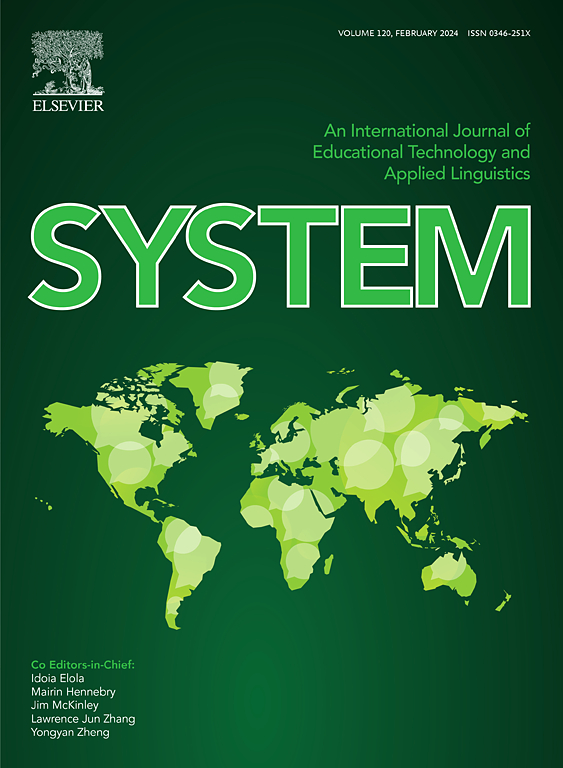Herbal extract fermented with inherent microbiota improves intestinal health by exerting antioxidant and anti-inflammatory effects in vitro and in vivo
IF 6.5
1区 农林科学
Q1 Agricultural and Biological Sciences
引用次数: 0
Abstract
Maintaining intestinal health is crucial for the overall well-being and productivity of livestock, as it impacts nutrient absorption, immune function, and disease resistance. Oxidative stress and inflammation are key threats to intestinal integrity. This study explored the antioxidant, anti-inflammatory, and barrier-strengthening properties of a fermented plant macerate (FPM) derived from 45 local herbs, using a specifically developed fermentation process utilizing the plants’ inherent microbiota to enhance bioactivity and sustainability. In vitro experiments with IPEC-J2 cells showed that FPM significantly reduced intracellular reactive oxygen species (ROS) levels, improved barrier integrity, and enhanced cell migration under stress. Similar antioxidant effects were observed in THP-1 macrophages, where FPM reduced ROS production and modulated inflammatory responses by decreasing pro-inflammatory cytokines [tumor necrosis factor alpha (TNF-α), monokine induced by gamma interferon (MIG), interferon-inducible T cell alpha chemoattractant (I-TAC), macrophage inflammatory proteins (MIP)-1α and -1β] and increasing anti-inflammatory interleukin (IL)-10 levels. Mechanistic studies with HEK-Blue reporter cell lines revealed that FPM inhibited nuclear factor kappa B (NF-κB) activation via a toll-like receptor (TLR)4-independent pathway. In vivo, FPM significantly reduced ROS levels in Drosophila melanogaster and improved activity and LT50 values in Caenorhabditis elegans under oxidative stress, although it did not affect intestinal barrier integrity in these models. The findings indicate that FPM shows promising application as a functional feed supplement for improving intestinal health in livestock by mitigating oxidative stress and inflammation. Further studies, including livestock feeding trials, are recommended to validate these results.在体外和体内,利用固有菌群发酵的草药提取物通过发挥抗氧化和抗炎作用来改善肠道健康
维持肠道健康对牲畜的整体健康和生产力至关重要,因为它影响营养吸收、免疫功能和抗病能力。氧化应激和炎症是肠道完整性的主要威胁。本研究探索了从45种当地草药中提取的发酵植物浸渍液(FPM)的抗氧化、抗炎和增强屏障的特性,采用了一种专门开发的发酵工艺,利用植物固有的微生物群来提高生物活性和可持续性。IPEC-J2细胞的体外实验表明,FPM可显著降低细胞内活性氧(ROS)水平,提高屏障完整性,增强细胞在应激下的迁移。在THP-1巨噬细胞中也观察到类似的抗氧化作用,FPM通过降低促炎细胞因子[肿瘤坏死因子α (TNF-α)、γ干扰素(MIG)诱导的单因子、干扰素诱导的T细胞α趋化剂(I-TAC)、巨噬细胞炎症蛋白(MIP)-1α和-1β]和增加抗炎白细胞介素(IL)-10水平,减少ROS的产生并调节炎症反应。HEK-Blue报告细胞系的机制研究表明,FPM通过toll样受体(TLR)4非依赖性途径抑制核因子κB (NF-κB)的激活。在体内,FPM显著降低了黑胃果蝇的ROS水平,提高了氧化应激下秀丽隐杆线虫的活性和LT50值,尽管它不影响这些模型的肠道屏障完整性。研究结果表明,FPM作为一种功能性饲料添加剂,通过减轻氧化应激和炎症来改善家畜肠道健康,具有广阔的应用前景。建议进行进一步的研究,包括家畜饲养试验,以验证这些结果。
本文章由计算机程序翻译,如有差异,请以英文原文为准。
求助全文
约1分钟内获得全文
求助全文
来源期刊

Journal of Animal Science and Biotechnology
AGRICULTURE, DAIRY & ANIMAL SCIENCE-
CiteScore
9.90
自引率
2.90%
发文量
822
审稿时长
17 weeks
期刊介绍:
Journal of Animal Science and Biotechnology is an open access, peer-reviewed journal that encompasses all aspects of animal science and biotechnology. That includes domestic animal production, animal genetics and breeding, animal reproduction and physiology, animal nutrition and biochemistry, feed processing technology and bioevaluation, animal biotechnology, and meat science.
 求助内容:
求助内容: 应助结果提醒方式:
应助结果提醒方式:


